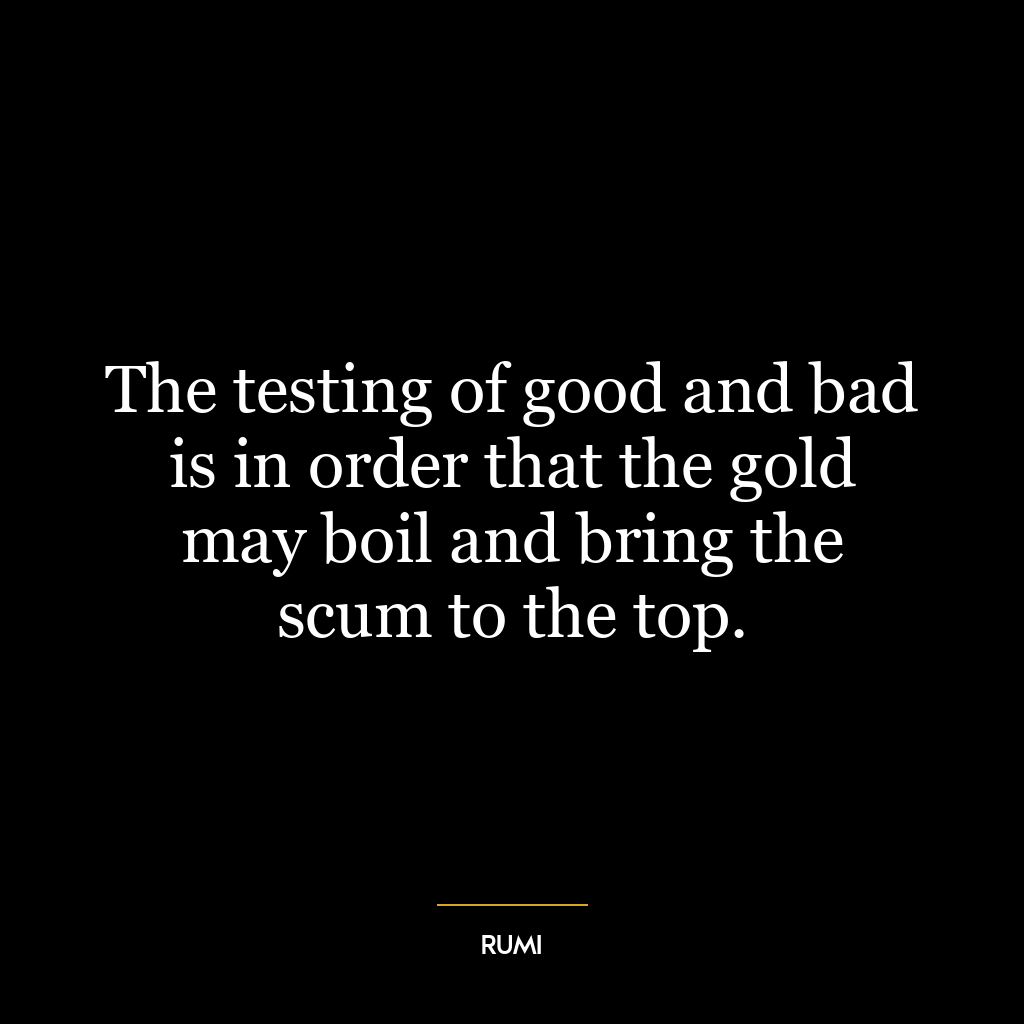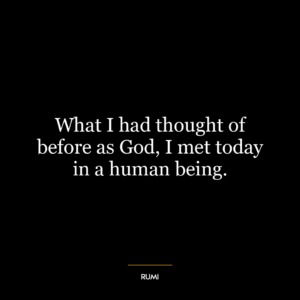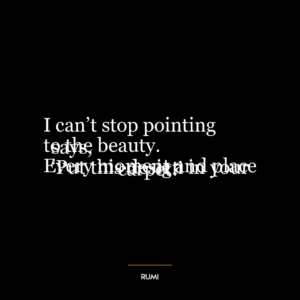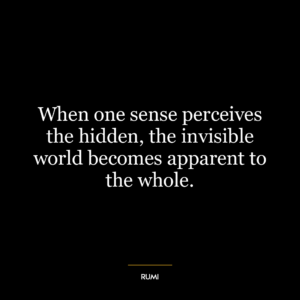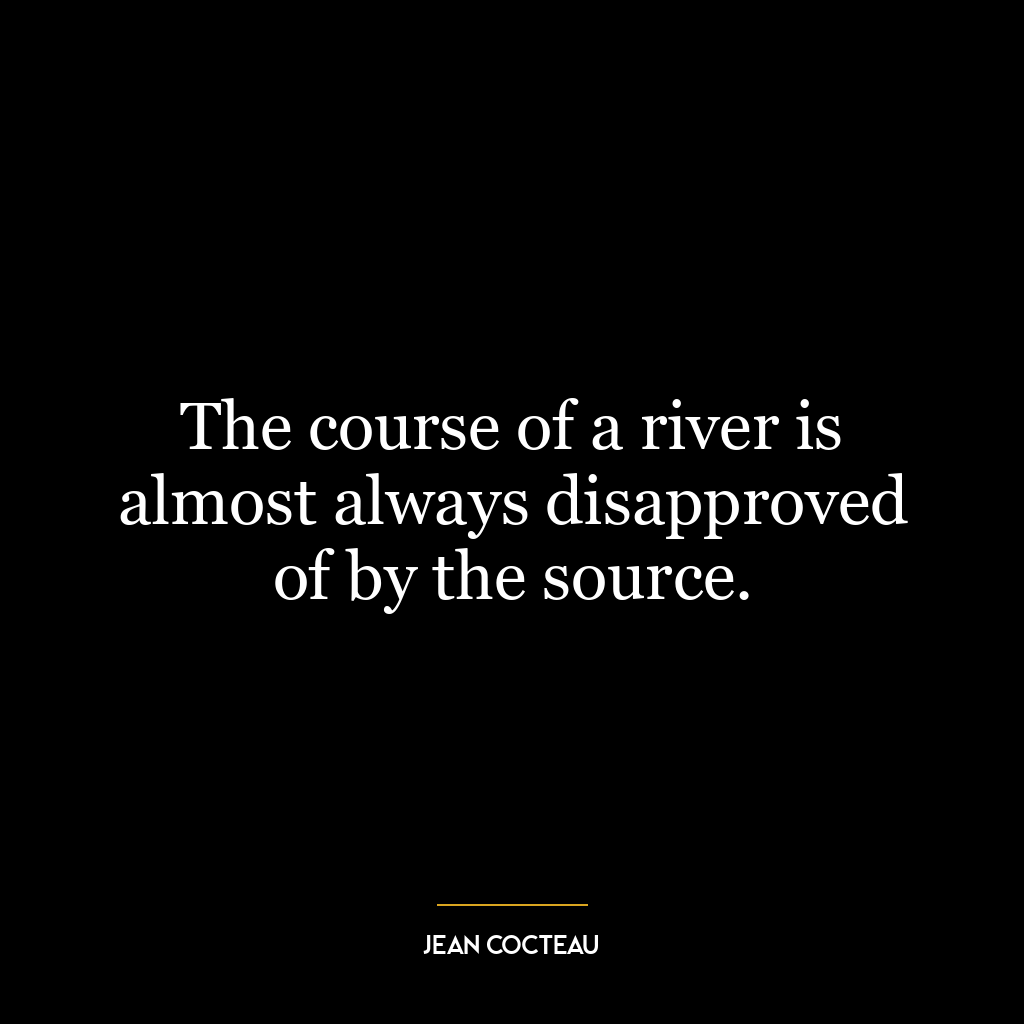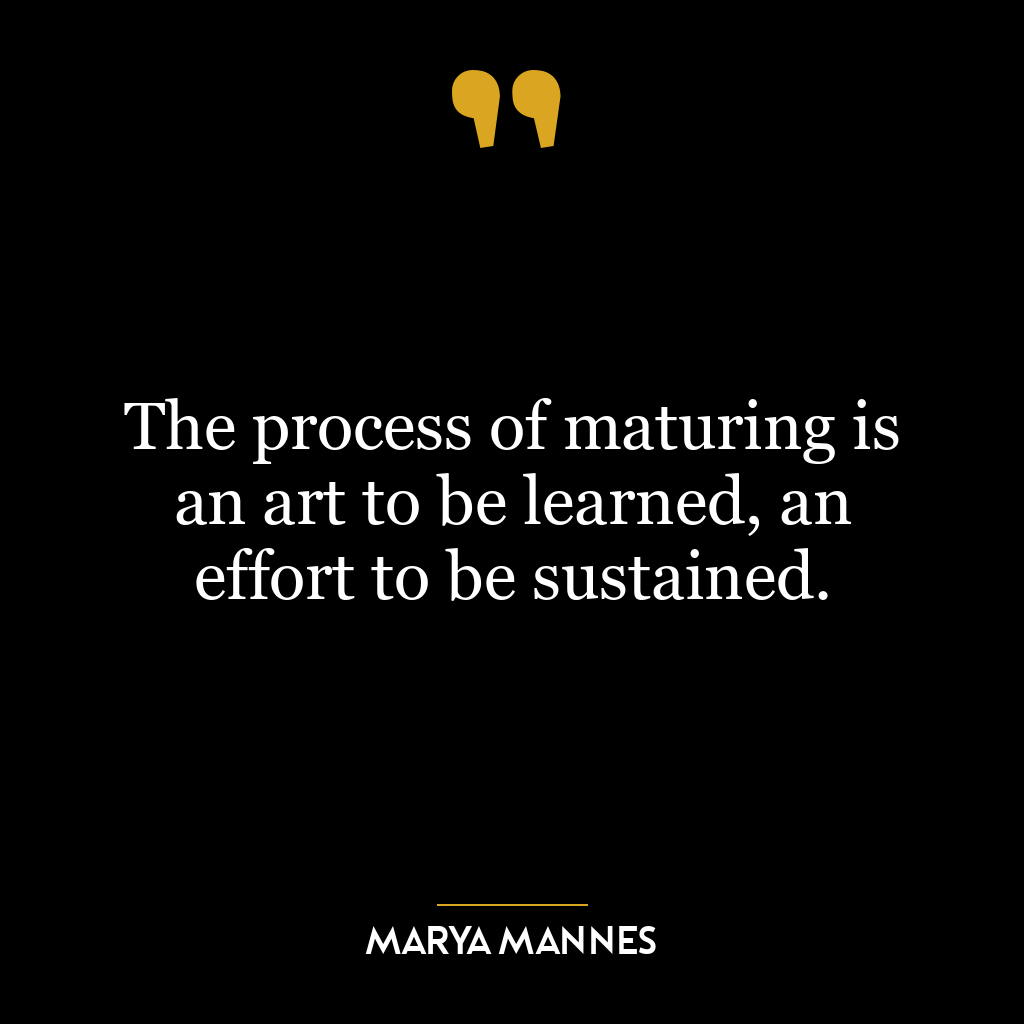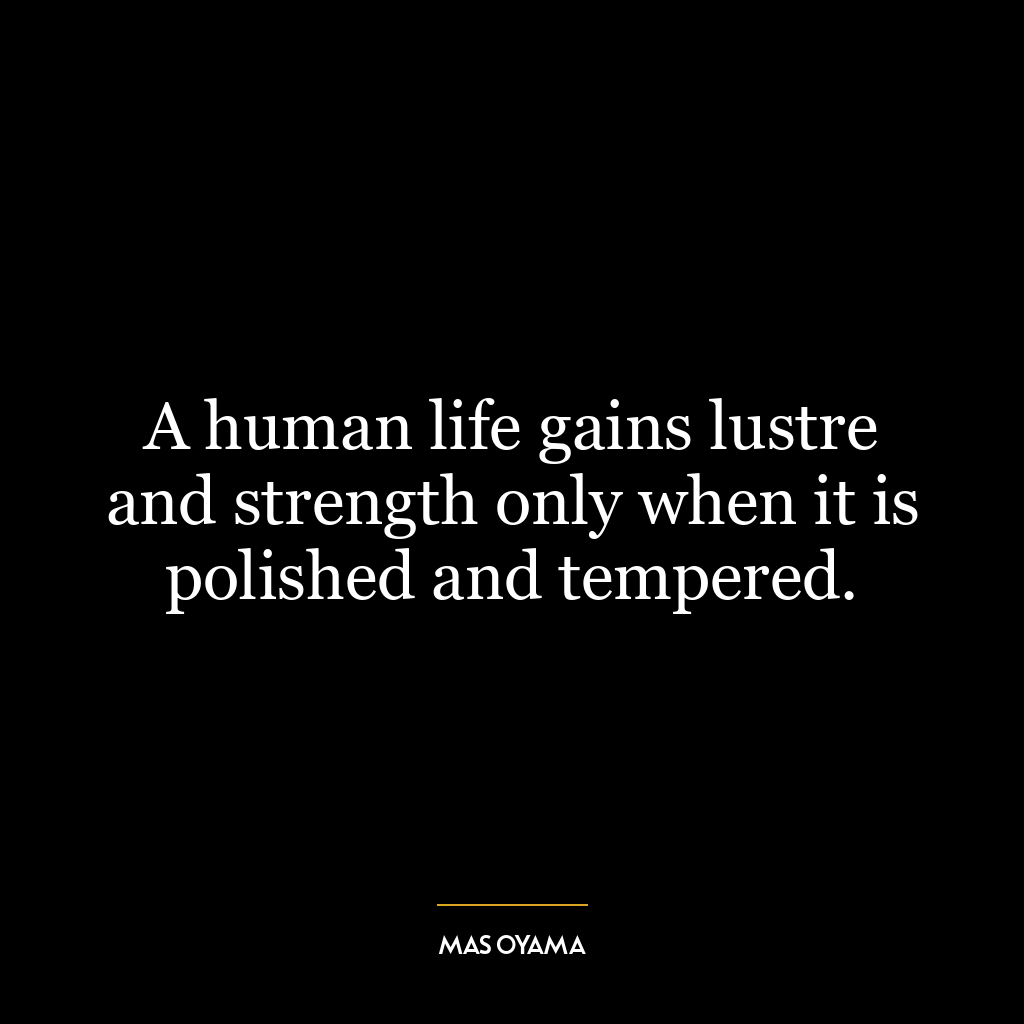This quote by Rumi uses the metaphor of refining gold to illustrate a profound life principle. When gold is heated, impurities (or “scum”) rise to the surface where thay can be removed, leaving behind pure gold. Similarly, life’s trials and tribulations—our “heating” or testing moments—can help bring our flaws and weaknesses (the “scum”) to the surface. This process allows us to recognize and address these issues, thereby purifying our character.
In essence, Rumi suggests that adversity isn’t necessarily something negative; instead, it can serve a crucial purpose in personal growth and self-betterment. Without being tested or challenged in life, we might not become aware of our shortcomings or areas that require improvement.
Applying this idea to today’s world or personal progress involves embracing challenges as opportunities for self-discovery and growth rather than viewing them as obstacles. For instance, if someone struggles with public speaking but their job requires it frequently—they’re being ‘tested.’ Instead of shying away from this challenge or seeing it as a negative aspect of their job—they could view it as an prospect to uncover this ‘impurity’ in their skillset, work on it and eventually improve.
Similarly on a societal level - during times of crisis such as natural disasters or pandemics – societies are ‘tested.’ These arduous situations often expose systemic weaknesses but also provide an opportunity for improvements.Such as: healthcare systems around the world have been under immense pressure due to COVID-19 pandemic which has exposed many deficiencies; but at the same time—it has led many countries towards better healthcare reforms.
Thus whether on an individual level or societal scale—the concept remains relevant: hardship tests us—and through these tests—we can identify our flaws so we may strive towards becoming better versions of ourselves—or build stronger societies respectively.

